Move over kale.
Courgette is here with its own range of kitchen appliances.
That’s right. Sales of spiralisers in Dublin are tailing sales of teapots. To the tea drinkers of Ireland, this might constitute a national threat.
Spiralisers are those dinky kitchen gadgets that can twist and turn a courgette into glorious ribbons of vegetable spaghetti. Courgetti, to be precise.
Carrots work beautifully too. Tumble in some spicy olive oil to your spiralised carrot, add some fresh parsley and lemon, and you have yourself a carrot noodle dish in less than 60 seconds. Italians in LA came up with the ingenious concept of spiralisers. (Of course they did).
Courgettes are not a sexy veg. This is why they’re called zucchinis in America.
These svelte green veggies are a type of summer squash. We’re probably more familiar with the sweeter, carbalicious winter squash, such as butternut. The zucchini is lighter and less fibrous than its wintry cousins (maybe that’s why it rhymes with bikini). But both varieties are rich in vitamin C. Our bodies need vitamin C for luminous skin. No wonder the Hemsley sisters are horsing into courgetti every day. They’ve even started manufacturing their own line of spiralisers. Smart girls.
Harissa (Courgetti)
Harissa is a spicy North African paste guaranteed to send your blood beating like a bodhrán. This version is designed to oil those squeaky knees and rusty wrists. It marries chilli pepper with omega-rich hemp seed oil to help reduce inflammation and pain. Food scientists have found that capsaicin, a compound found in chilli peppers, encourages the body to release its natural painkillers and stress-busting endorphins. So by all means, feel free to use more chillis than stated. Let your body levitate.
While hemp oil sounds like a member of the narcotic squad, don’t get too excited. It’s not. Unlike olive oil, hemp seed oil is loaded with omega-3 fatty acids (psst, don’t fry with it!) Omega-3 enables our bodies to manufacture lots of good prostaglandins. Prostaglandins are hormone-like substances involved in refereeing inflammation in the body. Inflammation is not confined to Sunday morning hangovers. It also covers bronchitis, arthritis, eczema, asthma, sprains and large egos.
This harissa keeps in the fridge for at least one week provided you hide it behind the stinky cheeses away from thieving mitts. Otherwise, expect it to last sixty seconds. Seriously good barbecue fodder and all-round friend.
3-4 red peppers
Splash EV olive oil
6 red chillis
1 tablespoon cumin seeds, ground
1 tablespoon caraway seeds, ground
1 tablespoon smoked paprika
½ teaspoon sea salt flakes
4 cloves garlic
1 tablespoon tomato purée
1 tablespoon red wine vinegar
3 tablespoons EV hemp seed oil or olive oil
Slice the peppers into chunks, discarding the inner white film, stalk and seeds. Toss on a baking tray with a splash of olive oil and roast for 30 minutes at 180 degrees.
While the peppers cook, get going on the remaining ingredients. Using disposable gloves – if you have nappies to change later you’ll burn the bejaysus out of your nipper’s bottom – cut the chillis down the side and scoop out the seeds and pith with a teaspoon. Discard. Or rub on husband’s toothbrush if he hasn’t taken out the bins.
Blitz the chillis with the herbs, salt, garlic and tomato until it forms a smooth paste. Toasting the seeds on dry heat, or even frying on a hot pan with a lick of oilve oil helps bring out their bewitching aromas. Not necessary though – it will still taste amazeballs.
Now, and no sooner, add the roasted red pepper and vinegar. Pulverise to your satisfaction. Stir through hemp seed oil and scoop into your serving dish. Avoid adding the hemp seed oil while pulverising the former ingredients or the harissa will turn pink. And no one will eat it, even if it sounds mildly illicit.


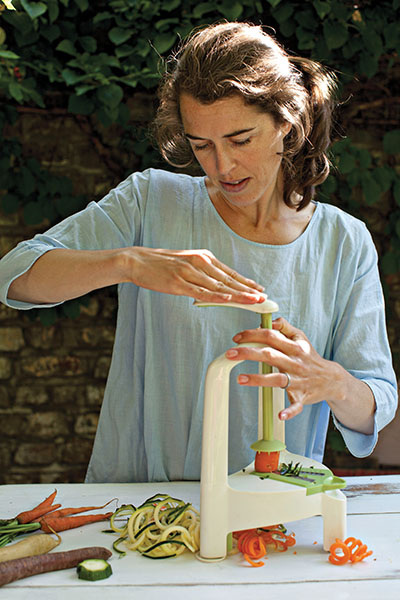
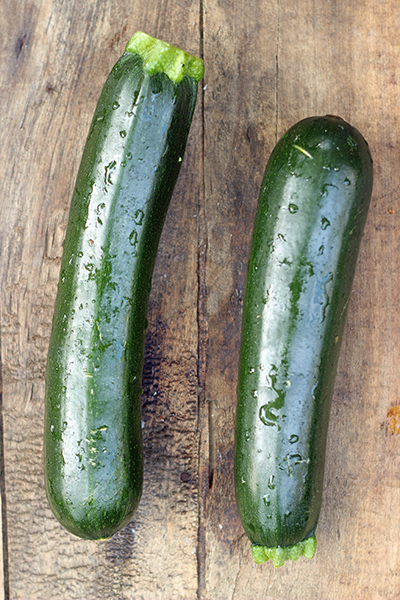

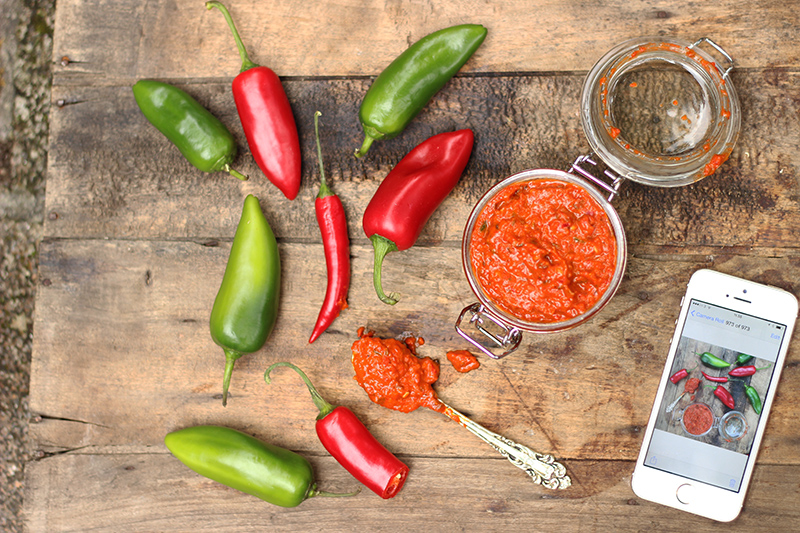
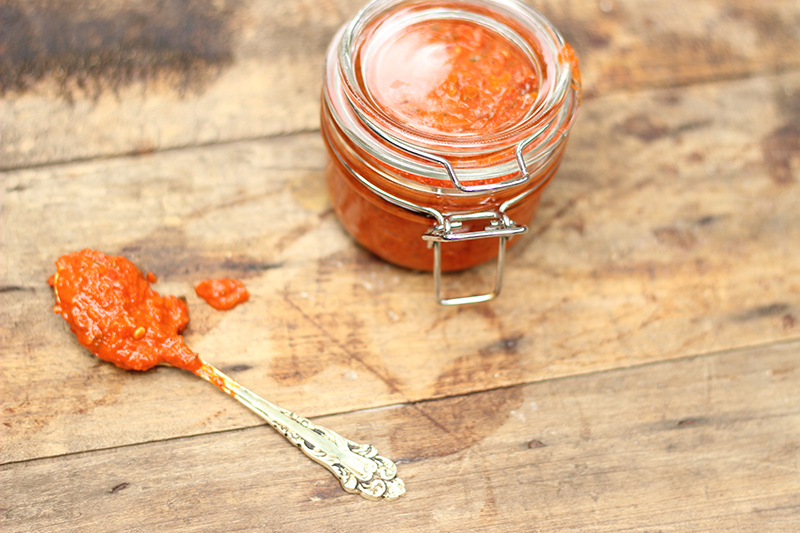
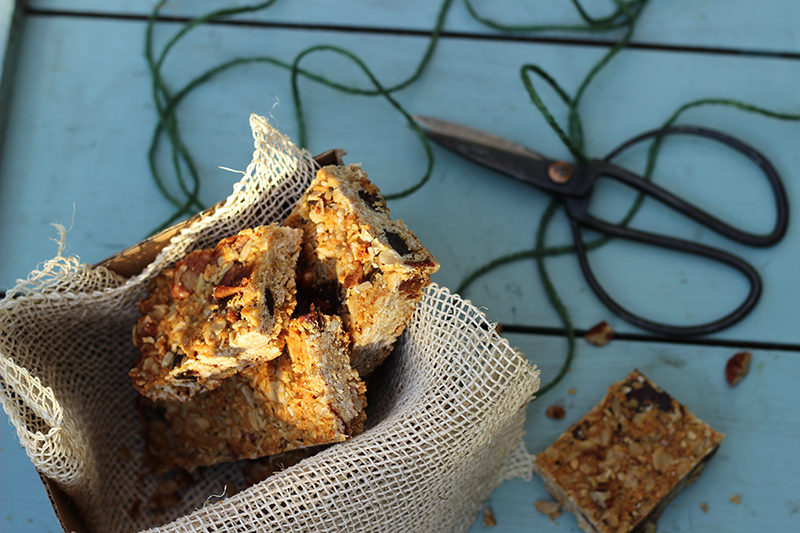
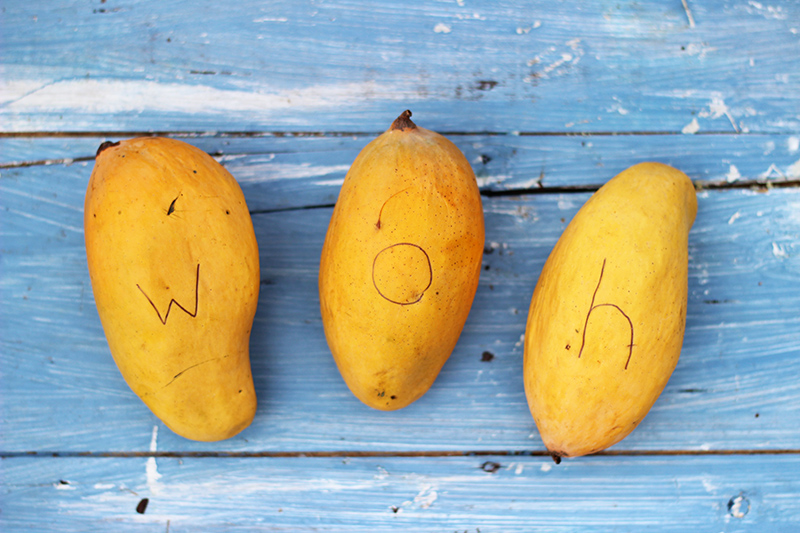
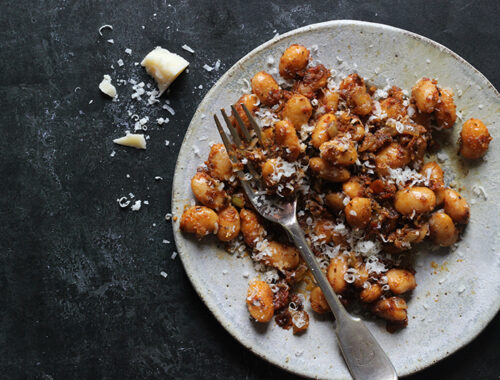
2 Comments
This is delicious! Thanks…
Glad it found you!